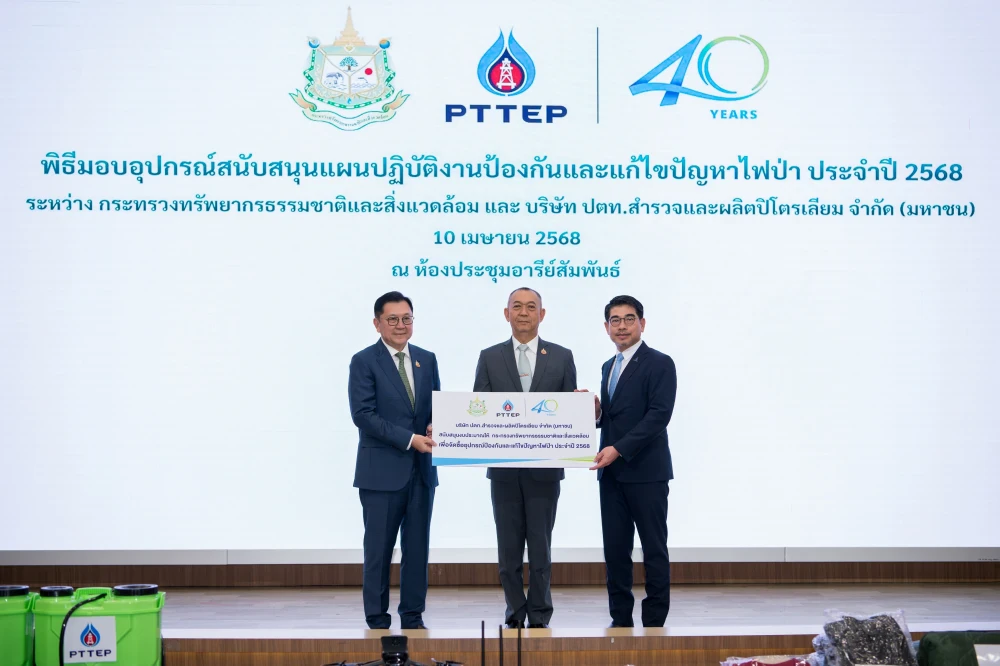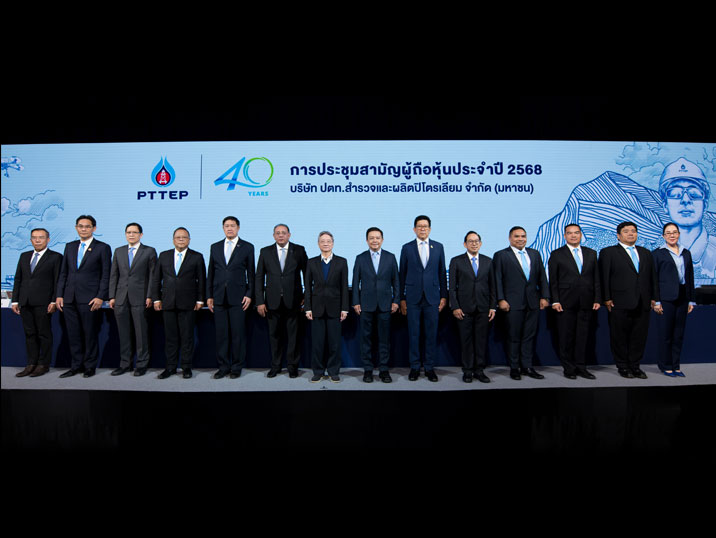Energy Partner
of Choice
PTT Exploration and Production Public Company Limited (PTTEP) conducts business in petroleum exploration, development and production, renewable energy, new forms of energy, and advanced technology emphasizing greenhouse gas emissions reduction toward the low-carbon and sustainable future.
Company OverviewInvestor Overview
Top Story
Latest News

EP Net Zero 2050
A pathway for PTTEP to reach net zero greenhouse gas emissions by 2050

Carbon Capture & Storage
A key technology for reducing GHG emissions

Corporate Governance
PTTEP adheres to good corporate governance and business ethics.

Life at PTTEP
PTTEP believes that human resources are significant driving forces propelling the company towards sustainable future.





